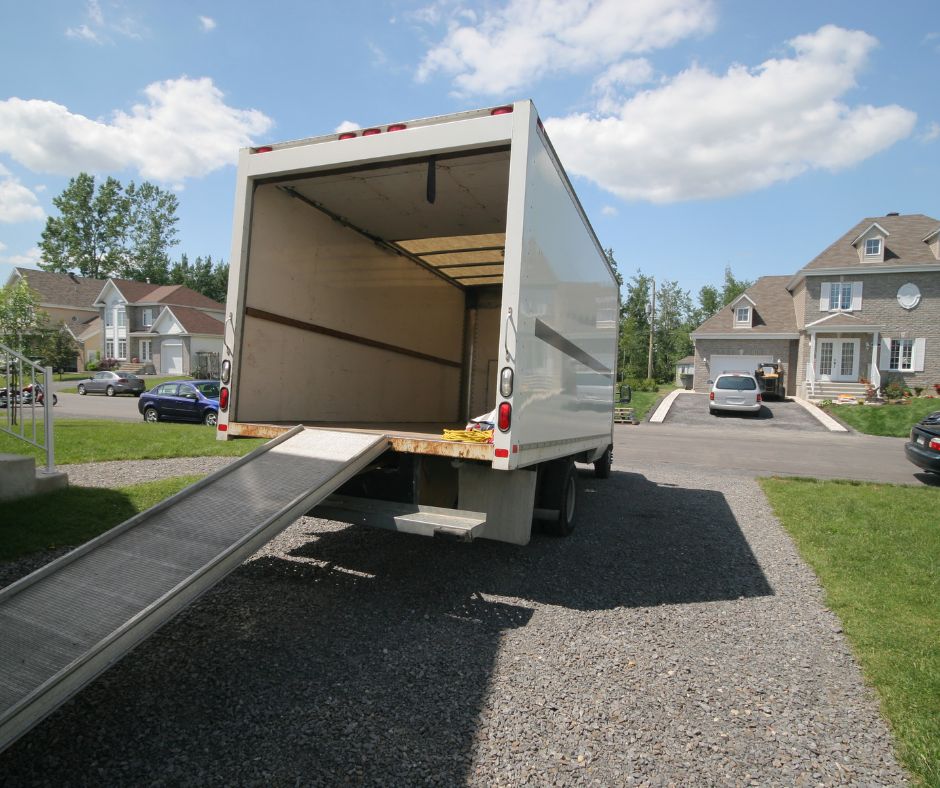
Request a Quote
We will get back to you as soon as possible.
Please try again later.
Whether you’re moving across the street or the country, understanding the cost of moving is crucial to planning a successful transition. This comprehensive guide will help you understand the various moving expenses, from the price of hiring professional movers to the cost of moving supplies.
The Basics of Moving Costs

Moving costs refer to the expenses incurred when relocating from one place to another. These costs can vary greatly depending on several factors, including the distance of the move, the size of the move, and the services you choose to use. Here’s a breakdown of the essential components of moving costs:
– Moving Company or DIY Move: Whether you hire a professional moving company or opt for a DIY move can significantly impact your moving expenses. Professional full-service movers typically charge based on the weight of your belongings and the distance of the move. On the other hand, a DIY move may involve moving vehicle rental and labor costs if you need help.
– Moving Supplies: This includes boxes, packing materials, and other supplies needed to transport your belongings safely. The cost can vary depending on the size of your move and the type of specialty items you’re moving.
– Additional Services: If you use additional services such as packing and unpacking, this will add to your overall moving expenses.
– Moving Insurance: While not mandatory, moving insurance can provide peace of mind by protecting your belongings during the move.
– Travel Expenses: If you’re making a long-distance move, consider travel expenses such as fuel, meals, and lodging.
Local Moving Costs
A local move, often defined as a move within 100 miles, typically costs less than a long-distance move. The cost to hire a full-service moving company for a local move is usually based on an hourly rate. HomeAdvisor says the average price of a local move is around $1,250, but this can vary depending on the size of the move and the moving company.
Here are some factors that can affect the cost of a local move:
– Size of the Move: The more belongings you have, the longer it will take to move, and the more it will cost. A studio apartment will cost less to move than a four-bedroom house.
– Packing Services: If you choose to hire professional packing services, this will add to your moving expenses. However, it can also save you time and stress.
– Moving Supplies: Remember to factor in moving costs and packing supplies. You can save money by collecting free boxes from local businesses or friends who have recently moved.
– Moving Insurance: While local moves are less risky than long-distance moves, it’s still a good idea to consider moving insurance, especially if you have valuable items.
Long-Distance Moving Costs

Long-distance moves, typically over 100 miles, are more complex and costly than local moves. The average cost of a long-distance move is around $4,890, according to Move.org, but this can vary greatly depending on the distance of the move and the weight of your belongings.
Here are some factors that can affect the cost of a long-distance move:
– Distance of the Move: The further you move, the more it will cost. This is because long-distance moves require more fuel and increase the wear and tear on the moving rental truck.
– Weight of Your Belongings: Long-distance moving companies typically charge based on the weight of your belongings. The more stuff you have, the more it will cost to move.
– Packing and Unpacking Services: Like local moves, hiring professionals to pack and unpack your belongings will add to your moving costs.
Moving
Insurance: For long-distance moves, moving insurance becomes even more critical. It can protect your belongings in case of damage or loss during the long journey.
International Moving Costs
Moving to a different country brings a whole new set of challenges and costs. International moving costs can vary greatly depending on the distance of the move, the size of the move, and the destination country. On average, the cost of an international move can range from $1,000 to $10,000 or more.
Factors affecting international moving costs include:
– Shipping Costs: Your belongings may be shipped by air or sea, and the cost will depend on the weight and volume of your items.
– Customs Duties and Taxes: Each country has rules and fees for importing personal belongings. It’s essential to research these costs ahead of time to avoid surprises.
– Packing and Unpacking Services: Proper packing is crucial for an international move to protect your items during the long journey. Professional packing services can ensure your belongings are packed securely and meet international shipping standards.
Additional Moving Services Costs
In addition to the basic moving costs, you may choose to use additional moving services. These services can add convenience and peace of mind to your move but also add to the overall cost. Here are some other services you might consider:
– Packing and Unpacking Services: Professional packers can pack your entire home or just a few fragile items. The cost will depend on the number of things and the time it takes.
– Furniture Disassembly and Reassembly: Some moving companies offer to disassemble and reassemble furniture for an additional fee.
– Storage: If there’s a gap between your move-out and move-in dates, you might need storage units.
– Moving Supplies: Some moving companies offer moving supplies like boxes, bubble wrap, and tape for an additional cost.
Moving Insurance Costs
Moving insurance, or valuation, provides financial protection for your belongings during the move. There are several types of moving insurance you can choose from:
– Released Value Protection: The essential coverage provided by moving companies for free. It covers your belongings at 60 cents per pound per item.
– Full Value Protection: This is more comprehensive coverage that allows you to set a lump sum value for the amount of your belongings. If any items are lost or damaged, the moving company is liable for the full value of that item.
– Third-Party Insurance: If you want even more protection, you can purchase insurance from a third-party company. This can cover the full value of your items minus the amount covered by the moving company’s insurance.
Moving Company Costs Vs. DIY Moving Costs
One of the most significant decisions you’ll make when planning a move is hiring a professional moving company or doing it yourself. Both options have pros and cons, and the best choice depends on your budget, the size of your move, and your comfort level with moving tasks.
Here’s a comparison of the two options:
| Moving Company | DIY Move | |
| Cost | Higher cost, but all services are provided. | Lower cost, but requires more time and effort. |
| Time and Effort | Less time and effort required. The moving company handles everything. | More time and effort required. You handle packing, loading, driving, and unloading. |
| Stress Level | Less stressful because professionals handle the move. | More stressful, especially if you’re not experienced with moving tasks. |
| Flexibility | Less flexible. You need to schedule the move in advance and coordinate with the moving company’s schedule. | More flexible. You can move on your own schedule and make changes as needed. |
How to Save Money on Moving Costs
Moving can be expensive, but there are ways to save money. Here are some tips:
1. Declutter Before the Move: The less you have to move, the less it will cost. Sell, donate, or dispose of items you no longer need.
2. Collect Free Moving Boxes: Save on moving supplies by collecting free boxes from local businesses or friends who have recently moved.
3. Pack Yourself: Save on packing services by doing it yourself. Just be sure to pack carefully to avoid damage.
4. Move During Off-Peak Times: Moving companies often charge more during peak moving times like summer, weekends, and the end of the month. If possible, schedule your move during off-peak times.
5. Get Multiple Quotes: Prices can vary significantly between moving companies. Get quotes from several companies to ensure you’re getting the best deal.
Frequently Asked Questions about Moving Costs
Here are answers to some common questions about moving costs:
– What do most movers charge per hour? On average, professional movers charge between $25 and $50 per hour per mover.
– How much should you tip movers? Tipping movers between 10% to 20% of the total cost per move is customary.
– How far in advance should you book movers? It’s best to book movers as soon as you know your moving date, especially if you’re moving during peak times. A good rule of thumb is to book at least a month in advance.
– What day/month is the cheapest to move? The most affordable days to move are usually during the week and in the middle of the month. The cheapest months to move are typically during the winter and fall.
– Are moving costs negotiable? Some moving companies may be willing to negotiate costs, especially during off-peak times. It never hurts to ask!
Understanding moving costs can help you budget for your move and avoid surprises. Whether you’re planning a local, long-distance, or international move, this guide provides the information you need to plan a successful and cost-effective move.
Ready to plan your move? Get a free moving quote from our trusted partners. Or, use our handy moving cost calculator to estimate your moving costs. Check out our moving checklist and blog for more moving tips and advice.
The post Moving Costs in 2023: Comprehensive Guide appeared first on Treasure Moving.

